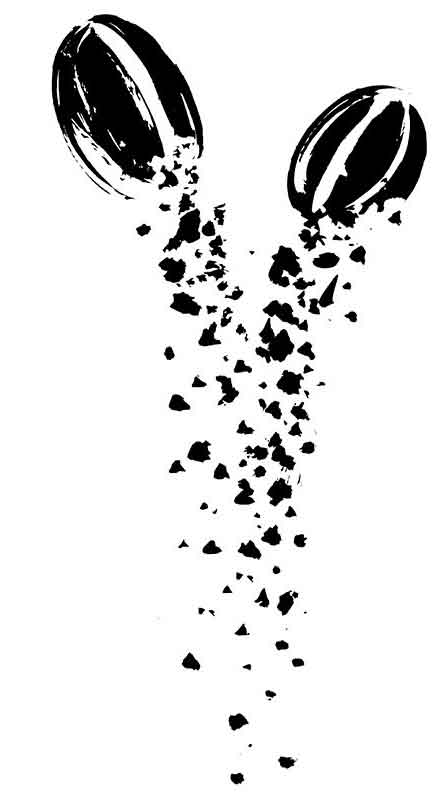Lots of people ‘poo-poo’ decaf. Others give up coffee entirely rather than drink it without caffeine. This week, I want to put an end to that. It doesn’t have to be a choice between caffeine and quality – Decaf can still make #betterofficecoffee.
Decaf is coffee that has had the majority of its caffeine removed, at least 97% in fact. Each cup of decaf coffee contains around 0-7mg of caffeine, against the 70–140 mg in a regular cup. It’s ideal for anyone whose body reacts badly to caffeine, or who wants to enjoy the taste of coffee without the stimulating effects of caffeine. Though, yes, there are a lot of bad decaf coffees out there, much as there are lots of bad caffeinated coffees out there, it is still possible to have #betterofficecoffee without the caffeine.
The Myths About Decaf

The first, is that all decaf coffee contains harmful chemicals and solvents. It’s true, poor quality decaf coffee is made using solvents and chemical processes, but good quality, Swiss Water® decaf uses only water, temperature and time to make decaf coffee.
The second, is that decaf tastes bad, different or strange. Quality decaf, made using the Swiss Water® method, preserves the bean’s subtle flavor characteristics, origin and aroma.
In short then, it has to be the Swiss Water® decaf.
What’s So Special About Swiss Water?
“Our process starts with one philosophy: a passion for crafting amazing decaffeinated coffee”
I’m afraid it’s not what you imagine. There isn’t a team of pure and wholesome Swiss mountain dwellers working away at producing quality decaf coffee for the world. Swiss Water is a company who developed an alternative way to produce decaf coffee.
The Swiss Water® decaffeination process uses pure local water to clean and hydrate some of the best green Arabica beans from coffee growing regions around the world. In small batches, local water and care and attention over time and temperature gradually removes the caffeine from coffee until it is 99.9% caffeine free. And there isn’t a solvent in sight!
In the Swiss Water® decaffeination process, coffee is stripped of its caffeine using water, and then the water is decaffeinated by percolation through activated charcoal and reintroduced to the coffee. The beans are then dried and shipped to roasters, who roast with the same nuance, care and artisanal craftsmanship as any of the best small batch caffeinated Arabica.
Want to know more? Watch this really nice animation on how Swiss Water® decaf coffee is made.
So, in summary, if you apply the same diligent, discerning process to buying your decaf as you do to your caffeinated coffee (after reading my article Choosing Your Beans, for example), you can enjoy #betterofficecoffee without the caffeine.
I hope this helps, and those of you in offices around the country with an aversion to caffeine can now join in the journey to #betterofficecoffee. Day or night, you can enjoy the taste of freshly brewed coffee, without the caffeine hit.
Thanks for reading another edition of Abe’s Coffee Column. I’d love to hear from you about your transition to decaf. Leave a comment in the section below or tweet @Abe_Greener.
Abe’s Coffee Column is Powered by 



